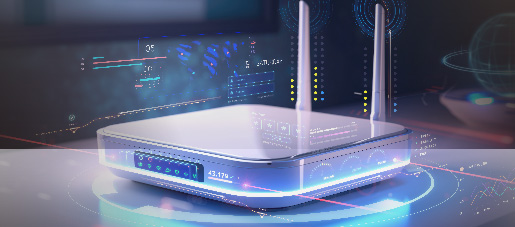
Intel® Wireless Display (WiDi) technology is now in its 6th generation. As the WiDi standard developed, it faced fierce competition from other wireless display standards. In the end, Intel adopted the industry-standard Miracast specification to maximize product interoperability.
 There are many devices that claim to support Miracast wireless display. However, display performance often does not match customer expectations due to poor product design or manufacture. As a leading IT company, Intel formulated the WiDi standard to improve this chaotic situation. By doing so, Intel aims to increase consumer satisfaction and thereby attract more people to its own brand of wireless display technology. To improve product quality, Intel has adopted strict certification standards. Only certified products can use the WiDi logo, so that consumers will be able to recognize and purchase high-quality products.
There are many devices that claim to support Miracast wireless display. However, display performance often does not match customer expectations due to poor product design or manufacture. As a leading IT company, Intel formulated the WiDi standard to improve this chaotic situation. By doing so, Intel aims to increase consumer satisfaction and thereby attract more people to its own brand of wireless display technology. To improve product quality, Intel has adopted strict certification standards. Only certified products can use the WiDi logo, so that consumers will be able to recognize and purchase high-quality products.
Intel has just recently assigned Allion Taiwan as its first WiDi Rx Certification Lab in the Asia-Pacific region. The Intel® WiDi certification process involves a series of validation tests to ensure excellent user experiences, reliable wireless connectivity, and seamless video streaming performance. Supported product categories include TVs and projectors with built-in WiDi receivers, plug-in adapters, and other Wi-Di devices. To achieve certification, vendors must submit their products to assigned certification labs for independent inspection.
Intel® WiDi certification is separated into two branches: WiDi for Home and Pro WiDi. The main difference between these two branches is that Pro WiDi certification includes extra test items like meeting management, IT policy support, etc. Pro WiDi products offer more reliable wireless display performance and advanced features that make them suitable for businesses.
The Allion WiDi Rx Certification Lab can customize test plans and environments based on your unique circumstances. Standard test items include general performance, wireless connectivity, image resolution, audio/video playback, audio interface, plug-and-play, etc. Besides standard testing, Allion can also conduct audiovisual quality testing (e.g. connectivity time, video delay, and audio/video sync) in simulated wireless transmission environments.
Acceptable WiDi testing environments are defined in the specification. For example, connectivity testing must be conduct in an anechoic chamber to exclude outside interference. The test environment must also offer 2.4 GHz and 5 GHz APs that support WiDi Rx device channels. Using multiple APs can simulate different levels of wireless interference and transmission traffic.
Besides WiDi certification, our test team can also simulate real-world usage scenarios to improve wireless products into the future. Allion also supports over thirty (30+) industry logo standards, so we can perform multiple logo certifications on your device simultaneously, to accelerate product release schedules and simplify project management.

































